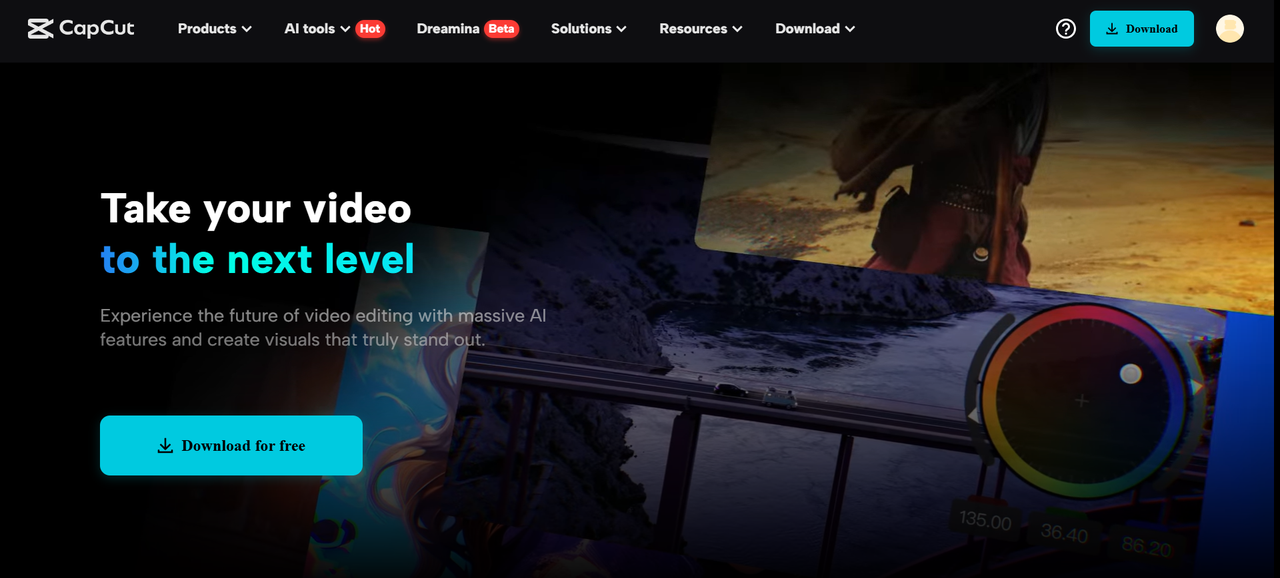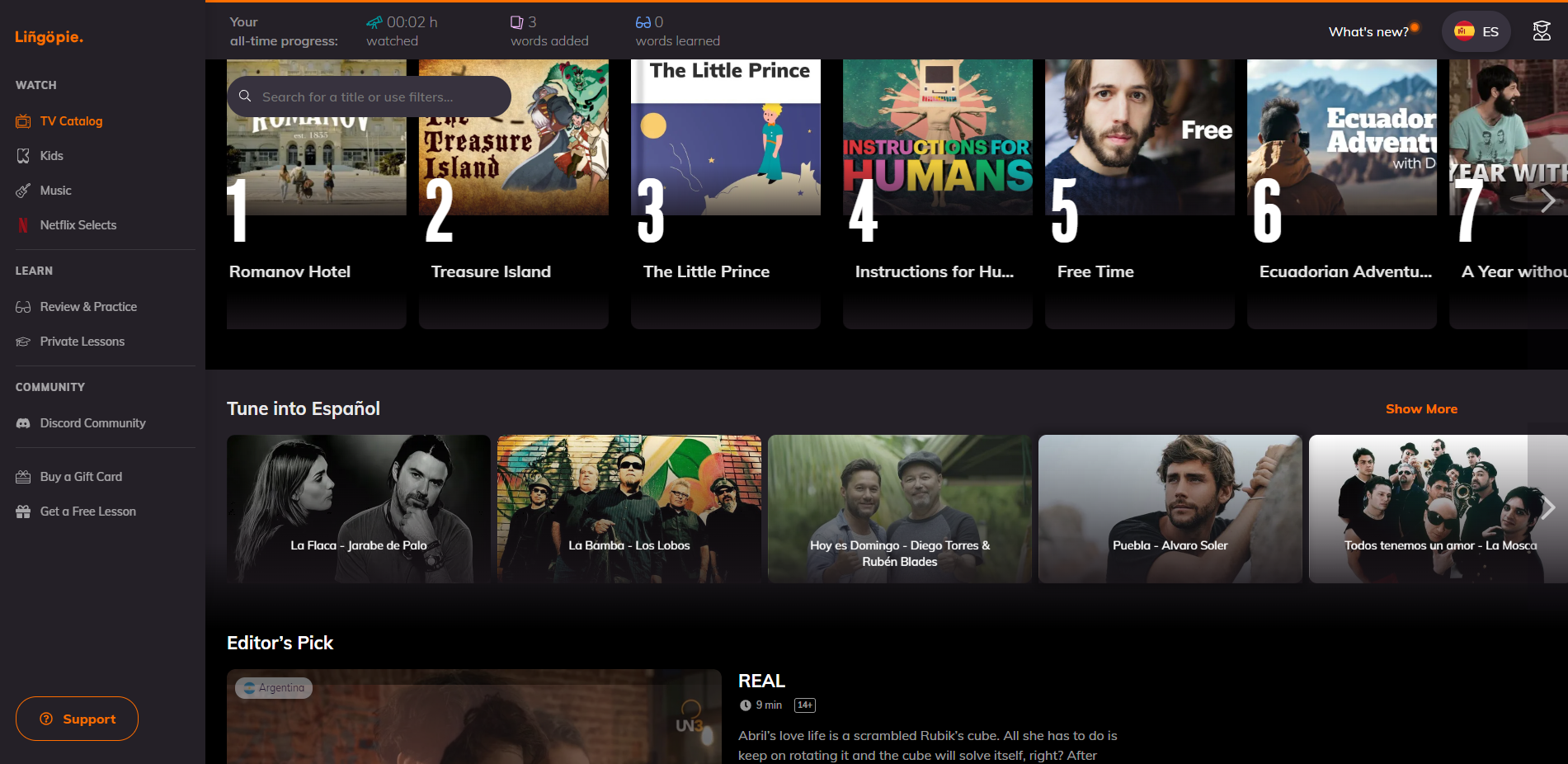The Future of Language Education: Spotlight on Online Learning
written by: Krystof-Sandor Harfst
Table of Content
In recent years, the landscape of education has undergone a remarkable transformation, with the rise of online learning revolutionizing the way we acquire new skills. Language education, in particular, has experienced a significant shift towards the digital realm. This article explores the burgeoning popularity of online language teaching and sheds light on the compelling reasons behind the increasing preference for this method over traditional classroom instruction. From its remarkable benefits to the endless opportunities it presents, online learning is reshaping the future of language education.
The Growing Popularity of Online Language Teaching: A Shift in Paradigm
As technology continues to advance, the accessibility and convenience offered by online learning have propelled it into the forefront of language education. Students across the globe are now embracing the flexibility that online platforms provide. Whether learning a foreign language or improving language skills, the ability to access lessons, resources, and interactions from the comfort of one's home has emerged as a game-changer.
Benefits Beyond Boundaries: The Advantages of Online Learning
- Global Reach: Online language teaching erases geographical boundaries, connecting students with expert educators from around the world. This facilitates exposure to diverse accents, cultures, and teaching methodologies, enriching the learning experience.
- Flexibility: The traditional constraints of fixed schedules are shattered by online learning. Students can choose when and where to study, accommodating work, travel, and other commitments seamlessly.
- Personalized Learning: Online platforms often employ adaptive learning technologies that tailor lessons to individual learning styles and paces. This individualized approach maximizes engagement and retention.
- Interactive Engagement: Contrary to the misconception that online learning is isolating, modern platforms offer dynamic interaction through live sessions, discussion forums, and multimedia resources. This creates a collaborative and engaging learning environment.
Online Learning: A Catalyst for Opportunities
The shift to online language teaching has opened a plethora of opportunities for educators, learners, and institutions alike:
- Diverse Teaching Methods: Educators are exploring innovative teaching techniques that leverage the capabilities of virtual classrooms, such as gamification, virtual reality, and real-time language practice with native speakers.
- Entrepreneurship in Education: Online language teaching has empowered individuals to become language educators and entrepreneurs, offering courses that cater to niche markets and specific language needs.
- Lifelong Learning: Adults seeking language education for personal or professional growth are no longer restricted by location or time constraints, enabling continuous learning throughout their lives.
- Cultural Exchange: Online language learning fosters cross-cultural interactions, connecting students globally and promoting understanding beyond linguistic skills.
Conclusion: Embracing the Future
The trajectory of language education is undeniably veering towards the online domain, and for compelling reasons. The shift offers flexibility, personalized learning, and global connections that were once unattainable. As technology continues to advance, the potential for online language teaching to enhance and enrich education remains limitless. The future of language education is being written in digital ink, heralding an era of access, empowerment, and endless possibilities.
Share this article!






